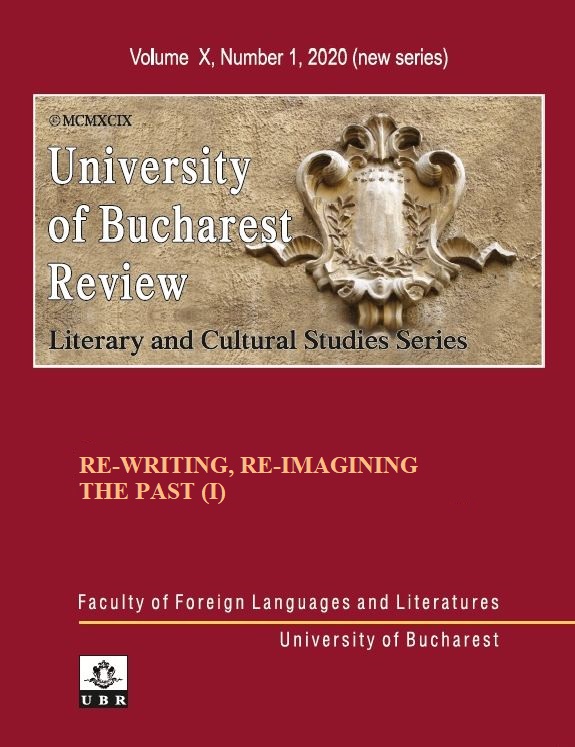Memory and nostalgia: pre-reform Russia in the minds of the Russian nobility of the second half of the 19th century
Memory and nostalgia: pre-reform Russia in the minds of the Russian nobility of the second half of the 19th century
Author(s): Natalia SeliverstovaSubject(s): Cultural history, Social history, Culture and social structure , 19th Century
Published by: Editura Universităţii din Bucureşti
Keywords: Russian nobility; abolition of serfdom; restorative nostalgia; reflective nostalgia;
Summary/Abstract: This article is devoted to the study of the perception of the pre-reform era by the upper class in the second half of the 19th century, after several years thereof, then decades after the abolition of serfdom. Initial assessments of the peasant reform carried out among the nobility were quite contradictory. They ranged from total rejection and denial to approval of government policies. But all in all, the abolition of serfdom was a turning point in history. The post -reform period of "impoverishment" of the Russian nobility is associated with a rethinking of the place and role of the upper class in society and the state. Not all landowners managed to adapt to the conditions of the post-reform village, they left for the capital, abroad. The diminution of privileges and the loss of the exclusive status of the upper class fueled the mood of nostalgia. The article uses the concept of nos talgia, developed by Svetlana Boym, which provides for the identification of two types of nostalgia: restorative and reflective. Restorative nostalgia manifested itself not only in the collective consciousness of the upper class but became one of the motivations of the conservative policy of Alexander III. Reflective nostalgia was expressed in the growing interest in the study of the culture of noble manors, determined the identity of the upper estate. Overall, it can be argued that nostalgia has become not only an important feature of the collective consciousness of the nobility, but influenced state policy, shaped the image of the future based on the lost past.
Journal: University of Bucharest Review. Literary and Cultural Studies Series
- Issue Year: X/2020
- Issue No: 1
- Page Range: 55-66
- Page Count: 12
- Language: English

